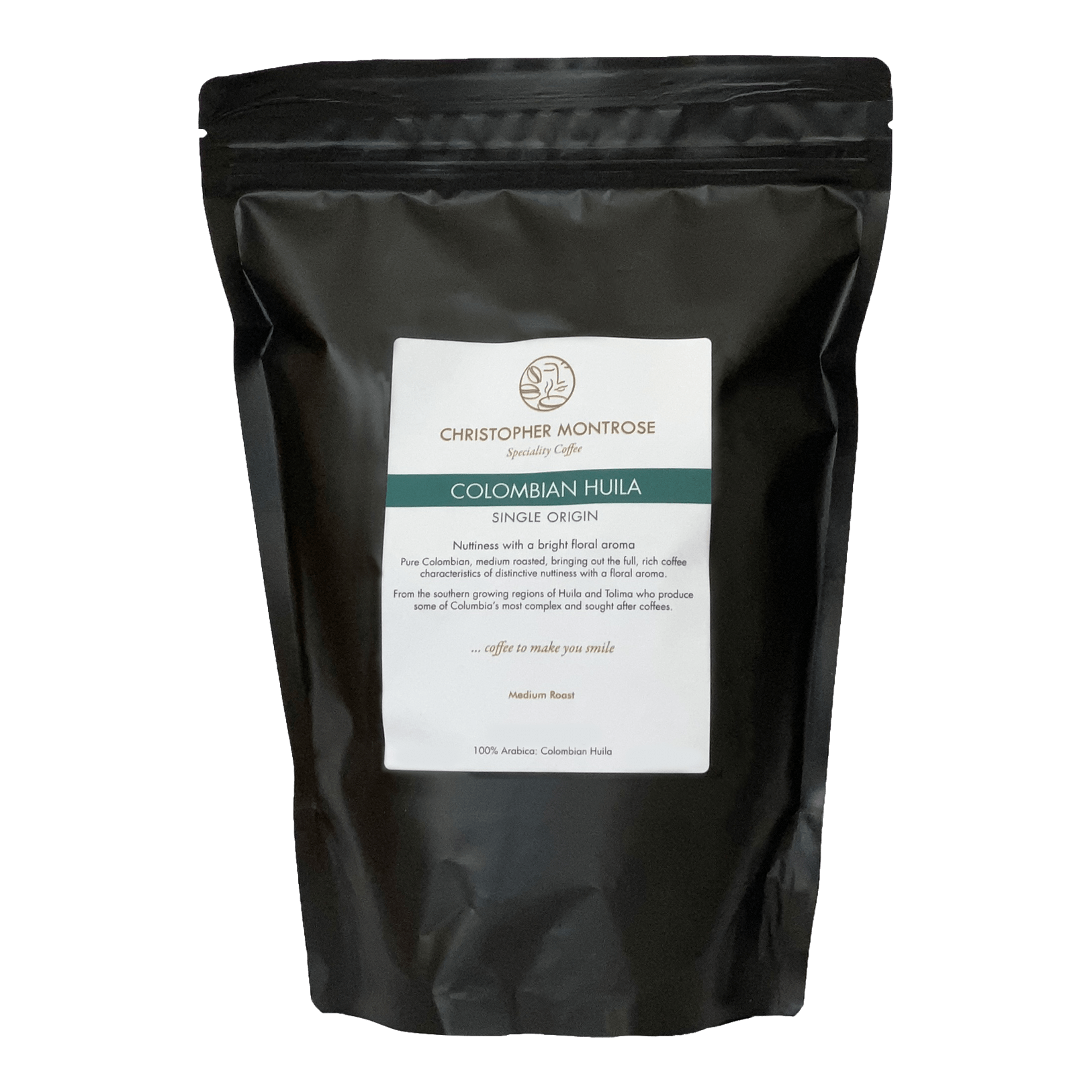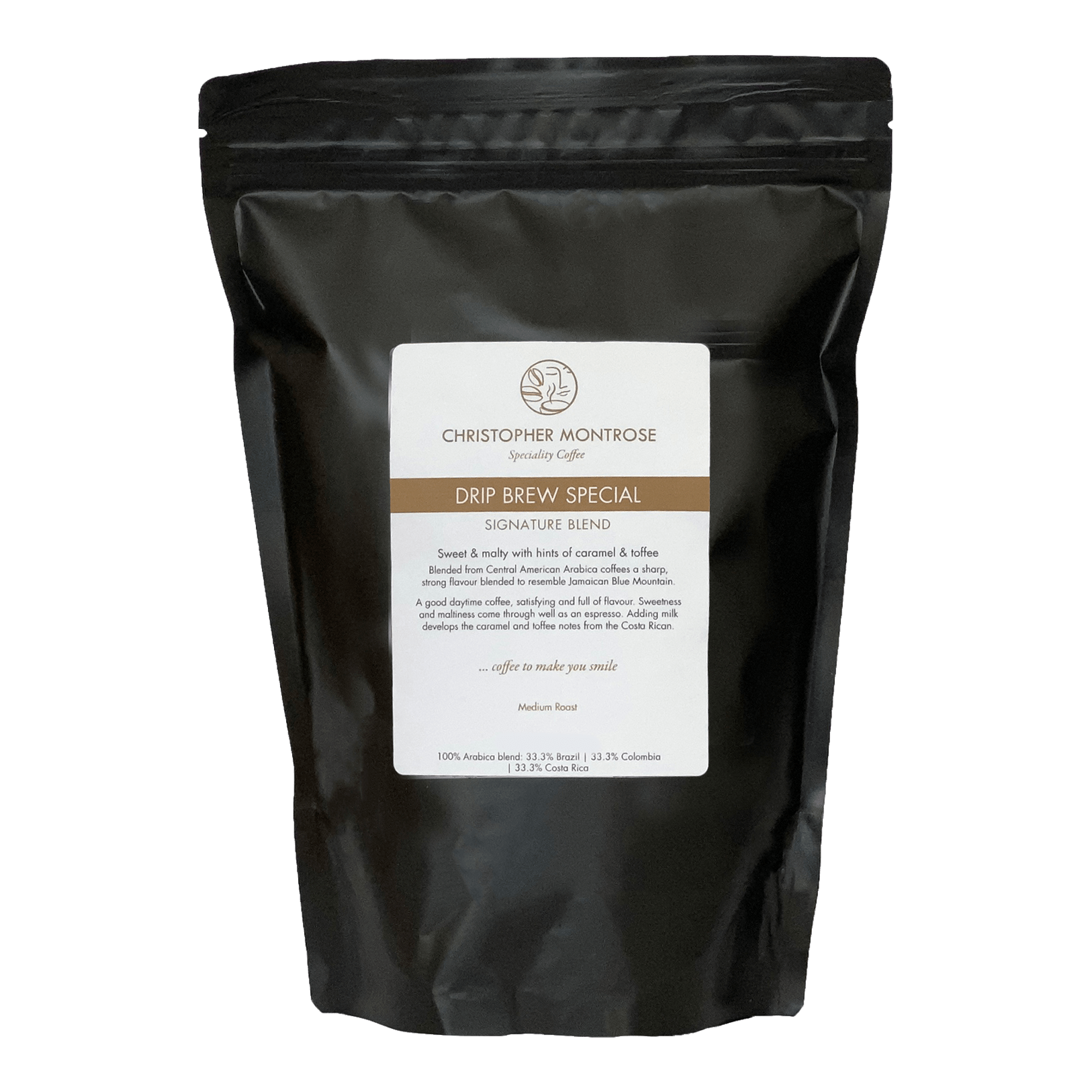
25% off your next order, when you join our newsletter.
25% off your next order, when you join our newsletter.
Speciality Coffee refers to high-quality coffee graded 80 or higher on the SCA (Specialty Coffee Association) scale.
Coffee scoring 90–100 is graded Outstanding, coffee that scores 85–89.99 is graded Excellent, while coffee scoring 80–84.99 is graded Very Good. Anything below 80 is not Specialty quality.
Tests that may be conducted on green coffee are density, moisture content and water activity, bean size, grade (defect counts), and colour. Tests for roasted coffee are residual oxygen and carbon dioxide within packages, moisture content and water activity, roast colour, grind particle size or broken bean counts, brewed coffee dissolved solids, pH, and Brix/refractive index.
Chemical testing for coffee includes ochratoxin A, caffeine, nutrient analysis, microbiological analysis, and pesticides. Other tests that may be performed on roasted coffee are caffeine, chlorogenic acids, lipids, carbohydrates, total polyphenols, total proteins, and mycotoxins.
Generally, a Specialty Coffee will be made from one variety of beans, most often Arabica, and sourced from one location, being classified as either Single Origin (from just one country) or Single Estate (from a single grower in that country).
Because of the effort put into testing the beans at every stage and because of the limitations on sourcing, Specialty Coffee is more expensive than most commercial coffee, but for the coffee enthusiast, it is worth it for the difference in quality and taste.
Typically, speciality coffee comes from small-scale producers who focus on quality over quantity. They use better growing and harvesting practices and carefully select the best beans to produce a product that tastes great and has a high price tag to match. Speciality coffee can come from almost any country, but Central and South America, East Africa, and Southeast Asia are the most common places.
Typically, at every stage, the processes involved are highly refined, so that, for example, because the beans are first dried using rotating drums or a hot air process, so the moisture is removed. Then, the beans are roasted at a lower temperature for longer to bring out the natural flavours.
This care and attention to detail continue through every stage of production, and if you want to be sure you have a genuine speciality coffee, you can check on the label.
It should say that samples of the product have been sent to independent labs that test the beans for their quality and levels of caffeine and taste.
This means you can buy speciality coffee confidently because it’s certified to be of high quality.
Here are the details on the Swiss Water Method, and here is the Guardian article.













© 2024 Christopher Montrose Limited. All rights reserved.